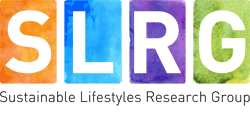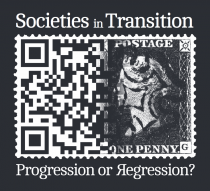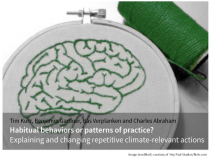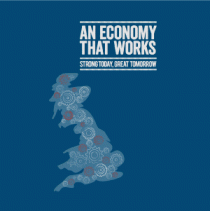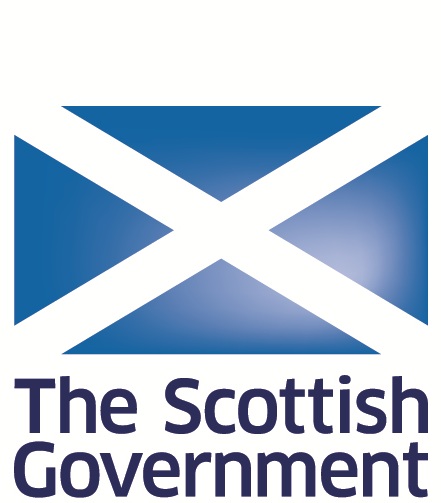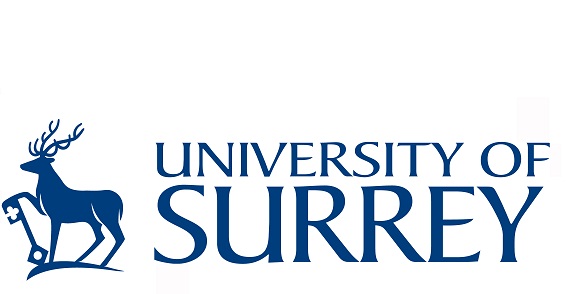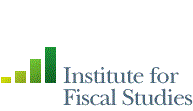- About
- Team
- Projects
- Children and the Environment
- ELiCiT (Exploring lifestyle changes in transition)
- Foundations for Sustainable Living
- HABITs
- Mapping Rebound Effects
- PASSAGE (Prosperity and Sustainability in the Green Economy)
- Policy Dialogue
- Price Responsiveness of Demand in Energy
- Resilience and Sustainable Lifestyles
- Sustainability Transitions in Food Systems
- Sustainable Living in Remote Rural Scotland
- Publications
- News
- Events
Civil society in sustainability transitions of food systems
Project Team: Rachael Durrant and Adrian Smith (University of Sussex)


Audio: Rachael Durrant, Project Summary for SLRG Dissemination Event | 3 June 2014
Civil Society Organisations (CSOs) in the UK are currently engaged in attempts to make food systems more sustainable. These efforts have been maintained over several decades, but more sustainable food systems remain marginal. Thus, the SLRG has undertaken research that aims to improve understanding of the important roles that CSOs can and do play within processes of large- scale social change (or ‘transitions’). This research was based on a mixture of field observations, documentary analysis and in-depth interviewing in connection to 18 UK-based CSOs.
The research found that there are at least four important roles that CSOs play in transitions to sustainable food systems, stemming from their collective efforts to innovate new modes of food production and consumption:
Grassroots innovation, i.e. experimentation with novel, more sustainable configurations of food provisioning that respond to local situations and the interests and values of the com- munities involved.
Niche development, i.e. facilitation of learning and capacity-building around grassroots innovations, thus aiding the strategic development (e.g. up-scaling and replication) of more sustainable food systems.
Normative contestation, i.e. application of normative pressure to the pub- lic, policy-makers and food industry, which undermines existing unsus- tainable practices and shifts favour towards alternative systems.
Regime reform, i.e. encouragement of mainstream businesses and pub- lic bodies to adopt and embed more sustainable configurations of technologies, practices and organisational arrangements.
However, instead of enacting these roles discretely, the research found that CSOs enact multiple roles simultaneously, work together in complex divisions of labour, and shift their activities and approaches over time, in ways that maximise synergies between the four roles. Hence, properties of civil society that are crucial to understanding CSO agency in transitions include strategic multivalency, relational complexity and dynamism. The research also found that the diversity of different perspectives on sustainability problems that CSOs offer is integral to their collective capacity to transform food systems.
Suggestions for policy-making
Discussions within policy circles often focus disproportionately on the question of how much food, of improved sustainability credentials, CSOs are involved in producing. This leaves policy-making unhelpfully ignorant of the different forms of systemic innovation through which CSOs influence food provision and contribute towards sustainability in both new and existing food systems. Policy-making would therefore be more effective if it acknowledged the collective efforts of CSOs to innovate more sustainable systems. This includes recognising the mutually reinforcing nature of the roles that they play, and accepting that there is no silver bullet instrument where civil society is concerned.
When it comes to evaluation, policy should aim to enable, rather than control, civil society innovation. Hence, support for CSOs should not be linked to evaluation measures that might suppress innovation through reinforcing homogenisation. In practice, policy should support a diversity of approaches, viewing innovation in terms of system dynamics, rather than focussing on discrete initiatives. To this end, on-going and adaptable process-based assessment by groups of peers may be more appropriate than centrally-controlled outcome-based assessment using generic indicators and metrics.
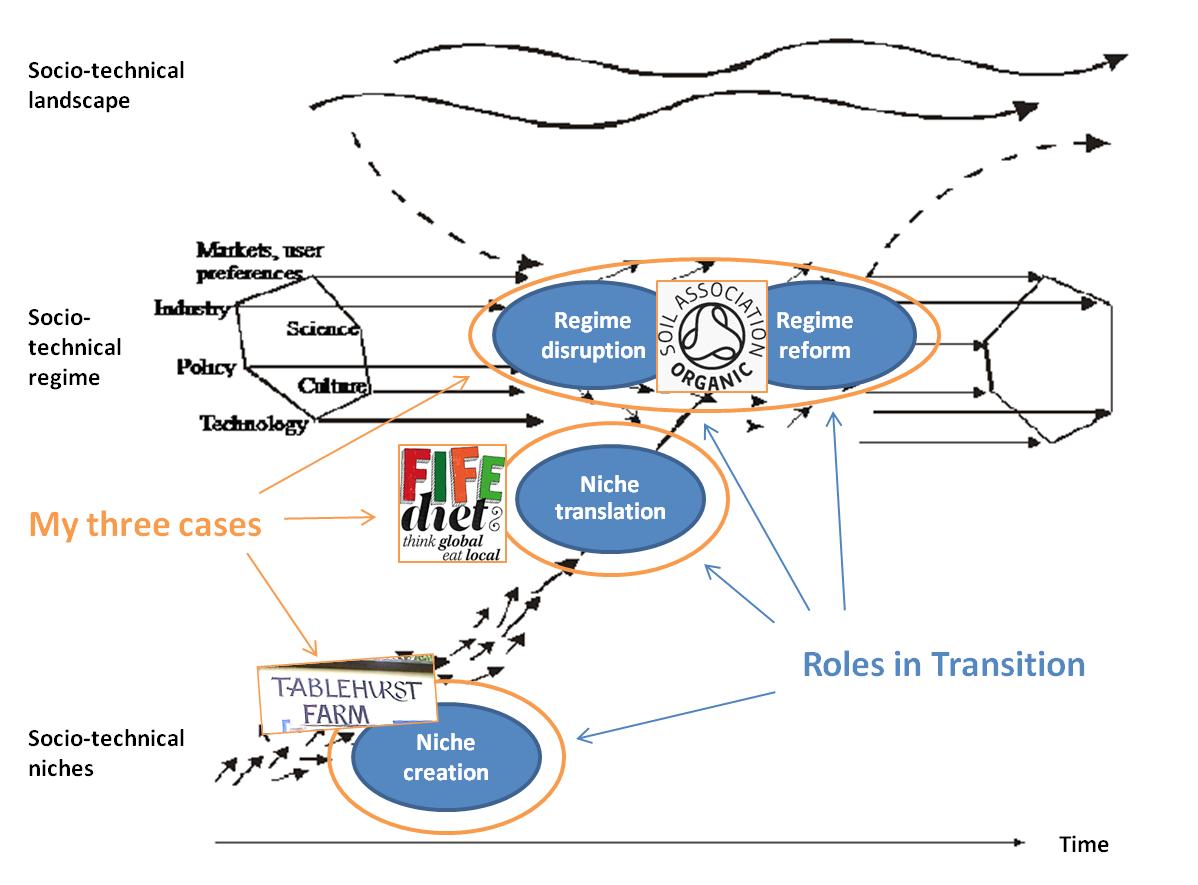
Diagram 1. This diagram uses Geels’ (2002) ‘multilevel perspective’ on socio-technical transitions to illustrate the theoretical rationale for selecting the three case organisations (after Smith, 2012)
Download
SLRG Working Paper 02-14 | Rachael Durrant: Civil society roles in transition: towards sustainable food?
Contact
If you have further questions please contact Rachael Durrant or Adrian Smith.
